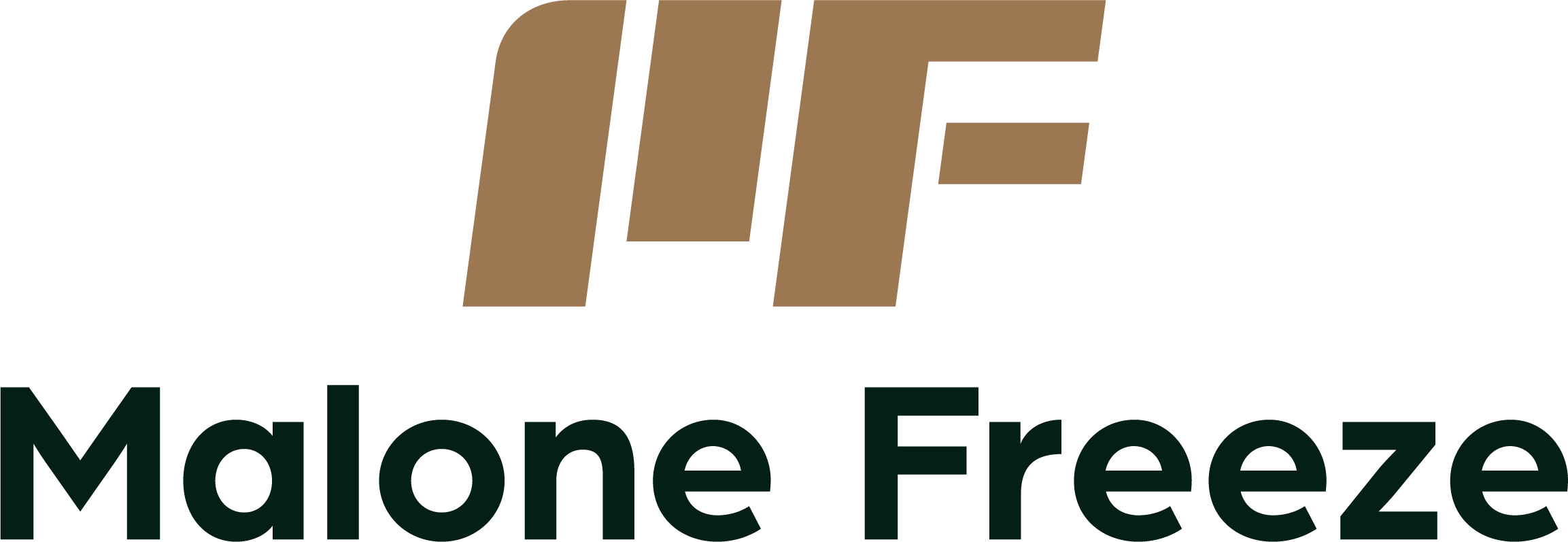If you’re buying a property in New Brunswick, or already own one, you may have heard about the difference between the land titles system and the older registry system.
While the older registry system records transactions related to a property, it doesn’t provide a complete or government-backed guarantee of ownership. On the other hand, the land titles system offers an up-to-date, government-certified record of property ownership and encumbrances, simplifying the buying and selling process. Here’s a breakdown of what you need to know about converting properties from the registry system to the land titles system, and why it matters for you.
What’s the Difference Between the Two Systems?
For most of New Brunswick’s history, properties were managed under the registry system, where Deeds served as the record of ownership. A Deed is essentially a snapshot of a property’s legal status at a specific point in time. It evidences ownership but doesn’t necessarily reflect all rights and restrictions that may apply to the property.
New Brunswick and Nova Scotia began converting from a Deeds registration system to a newer system of land registration, known in commonwealth jurisdictions as the “Torrens Title” system, in the 2000s. Under the land titles system, property owners receive a Certificate of Registered Ownership (CRO), which offers a complete and certified record of the property, including:
- A unique Parcel Identification Number (PID).
- An approved description of the property.
- The names of the owners.
- Any encumbrances or rights (e.g., liens, rights-of-way, utility easements, restrictive covenants, etc.) that may affect the property.
The CRO ensures that all relevant information about the property is up to date and backed by the Government of New Brunswick, meaning future transactions are more secure and streamlined.
The Conversion Process: How Does It Work?
If your property is still in the registry system, converting it to the land titles system is a legal requirement if you’re selling it for over $5,000, and this cost is normally paid by the purchaser. The process may sound technical, but here’s what you can expect when converting a property to the land titles system:
- Review of the Property Description: Your lawyer will review the property’s current legal description. If there are inaccuracies or ambiguities (like unclear boundaries), your lawyer may recommend getting a survey or drafting a new description. Once there is a description that properly describes your property, your lawyer will submit it to the land titles office for official review.
- Application for First Registration: After receiving approval of the description, your lawyer will complete an Application for First Registration, which includes crucial details regarding ownership information and any known encumbrances.
- Owner’s Affidavit: The property owner will sign an affidavit confirming that the information in the Application for First Registration is true and that no other claims, liens, or rights are known to exist on the property.
- Review and Approval: Your lawyer will then submit the Application for First Registration to Service New Brunswick for review. If everything is in order, the property will be converted to the land titles system, and a Certificate of Registered Ownership (CRO) will be issued.
From this point forward, Service New Brunswick guarantees the quality of the title – it never has to be searched again and is protected against future claims, except in cases of fraud.
Real-Life Conversion Surprises
Sometimes, converting properties from the old registry system reveals surprises. In one case we handled, a property was found to be subject to logging rights granted to an individual in the 1940s, with those rights passing down to his heirs. After extensive research into the man’s heirs, we discovered the new purchaser was a direct descendant. The purchaser was able to advise on other relatives who might still hold these rights, and after securing affidavits confirming that no one had exercised these rights or ever intended to do so, the property was converted without that encumbrance hanging over it. Stories like this show how important it is to conduct a thorough search before conversion!
How a Lawyer Can Help
Whether you’re purchasing a property that needs to be converted to the land titles system or have questions about a property you already own, a lawyer can help. They can conduct a full search of the title and advise you on any potential issues you may not know about—such as undisclosed rights, liens, or boundary disputes. By working with a lawyer, you can ensure that your property’s title is clear, certified, and ready for future transactions, giving you peace of mind and protecting your investment.
Not sure if your property is in the old registry system or the new land titles system? Using the GeoNB Map Viewer, you can type in your property address, select your property, and view the title status on the third information page in the popup window.
The information provided here is for general informational purposes only and does not constitute legal advice. Every individual’s situation is unique, and the laws governing wills, estates, and property may change over time or differ based on specific circumstances. We recommend consulting with a qualified lawyer to discuss your particular situation before making any legal decisions


